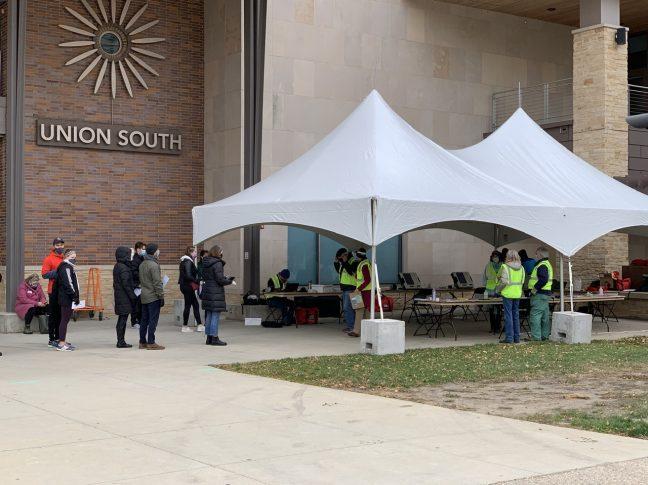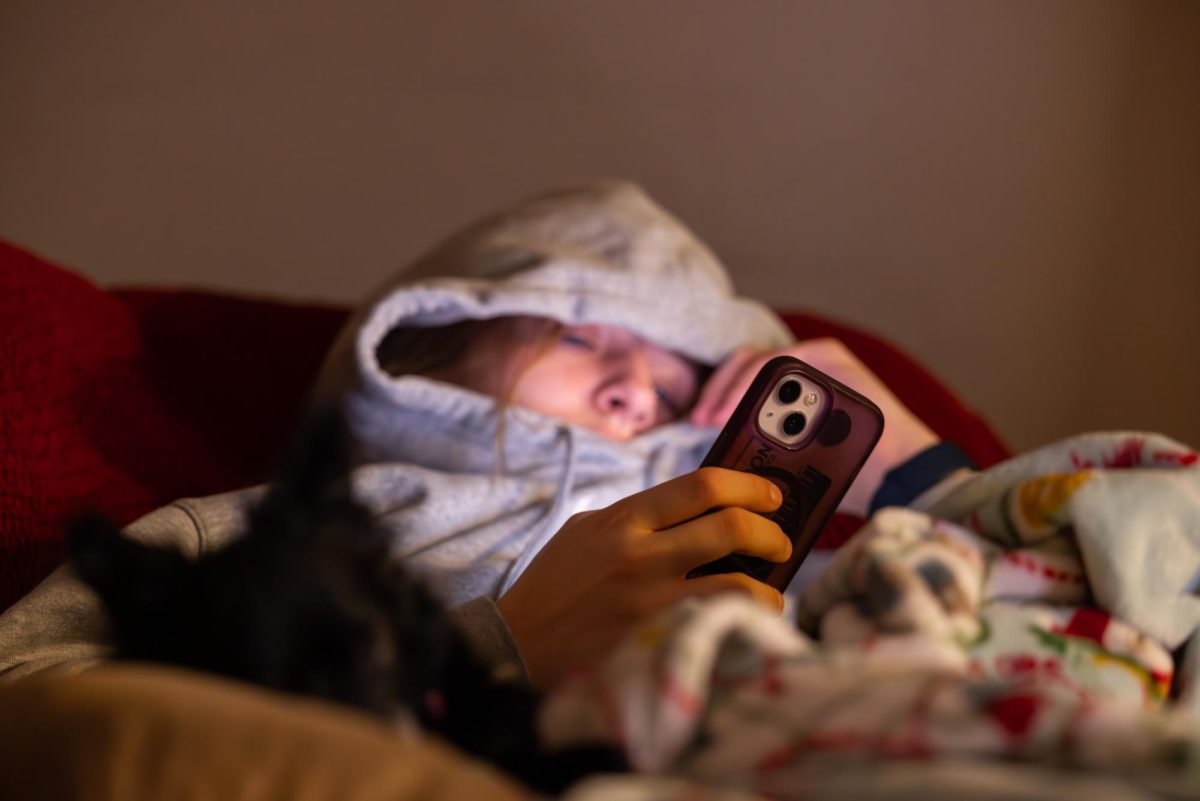As the 2020 election nears, the necessity for students to vote — specifically University of Wisconsin students — is more important than ever. No matter if you are voting to determine the holder of the nation’s highest office or voting to uphold personal beliefs, there is no question this year will go down as one of the most important election years in history, with the partisanship of the country more divided than ever.
As a legal adult, it is an opportunity for UW students to uphold the democratic process and their first responsibility of citizenship. Voting is not just a right, but an obligation.
In this particular election year, the country is facing critical crises involving public health, the economy, the global environment, racial justice and social reform. The only way these can be solved is through active participation and engagement in the political landscape of the country.
As we continue to become the next generation to grow into the political landscape and workforce of the country, we as UW students have a requirement to actively educate ourselves and engage in the programs offered to us by the school, specifically programs that support civic education and student voting.
Here are some ways to manage your mental health during COVID-19 pandemic
“We’ve added an interactive tool to our website, vote.wisc.edu, to help students who are learning remotely figure out where to vote, and we’re setting up tents outdoors to make early voting as safe as possible,” UW Chancellor Rebecca Blank said in a recent Inside Higher Ed article. “We are also hiring our first voting engagement and civic learning coordinator to (among other things) support our efforts to close the racial gap in voting. The goal of this constellation of initiatives is to expand voter education programs beyond the walls of individual campus units to create a system that is university-wide.”
In a 2020 Youth Poll taken by Harvard, “more than three in five 18 to 29 year-olds agree that the outcome of the 2020 presidential election will have a significant impact on their lives.”
In a pandemic, the results of these polls paint a vivid picture of the necessity to vote in this election as the safety of public health continues to grow into a nationwide crisis. But COVID-19 is only making the process to vote even harder with democracy at risk.
Oct. 8, the U.S. 7th Circuit Court of Appeals reversed the order of a judge who decided “absentee ballots postmarked by Nov. 3 should be counted so long as they arrived by Nov. 9.” The reversed ruling marked the cutoff for getting an envelope into local post offices and election offices, which will match the polls’ closing times come Election Day.
Chancellor Blank needs to ensure greater oversight, additional representation within UW committees
So, what does this mean for us as UW students?
It means we, as a student body, need to urge state and government officials to re-consider the ruling as unconstitutional, as it results in the disenfranchisement of the voting process.
We need to push for state officials to ensure an efficient election by continuing the push for “Democracy in the Park” and a safe in-person voting process come Election Day at the polls.
In regards to “Democracy in the Park,” we need to continue the push for government officials to add mailing locations across the city and campus in order to ensure all ballots are processed in time for the election. In regards to in-person voting, we need to hold state officials to their word for using the guidelines provided by the Centers for Disease Control and Prevention (CDC) to ensure a safe in-person voting process.
Climate change advocacy continues despite lack of federal progress
At a school like UW, we as students are extremely lucky to attend a campus so adequately equipped with the means of actively promoting and educating us on civic education, student voting and COVID-19 safe protocols.
To continue educating yourself and others as Election Day approaches, UW is urging students to join the ALL IN Campus Democracy Challenge, “a nonpartisan, national initiative that recognizes and supports campuses as they work to increase nonpartisan democratic engagement.”
It is our duty and responsibility as students — who are part of a generation predicted to play a major role in the outcome of the 2020 election — to not only vote this November, but to educate and engage ourselves throughout the process.
Kayla Bell ([email protected]) is a sophomore majoring in political science.














